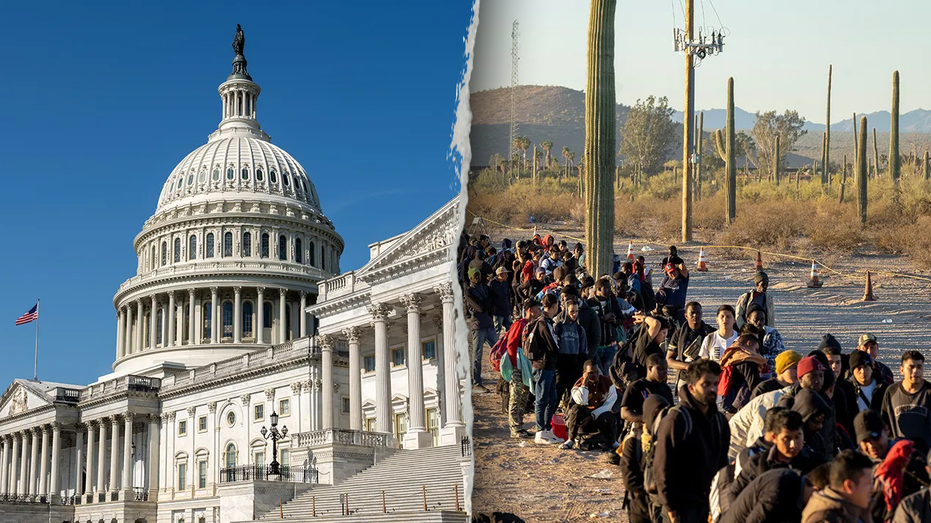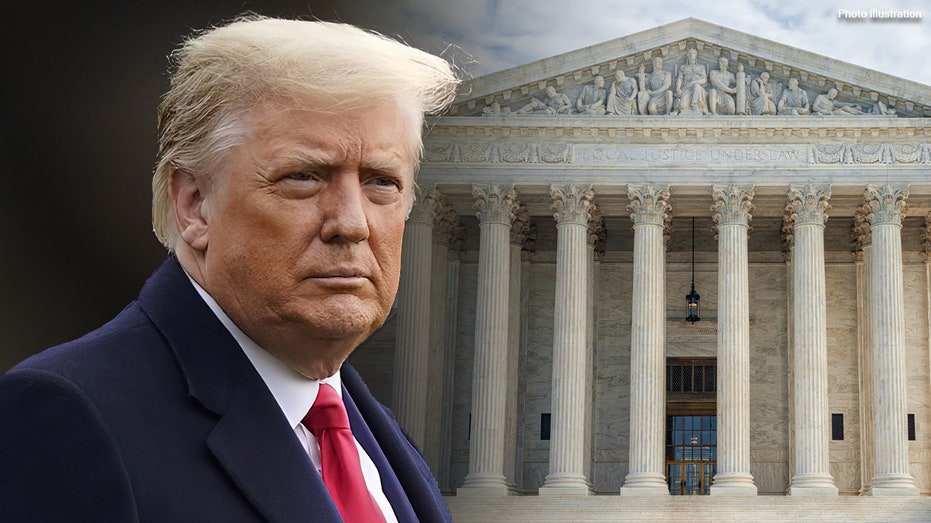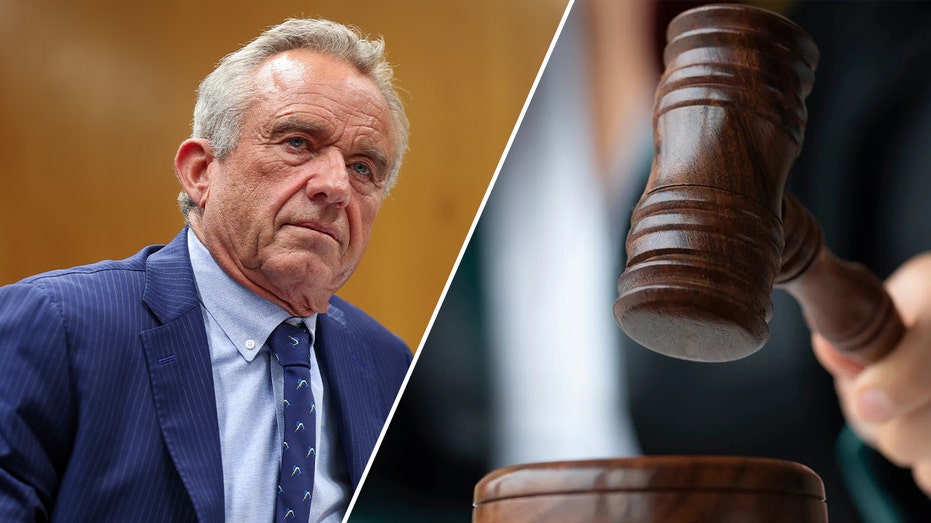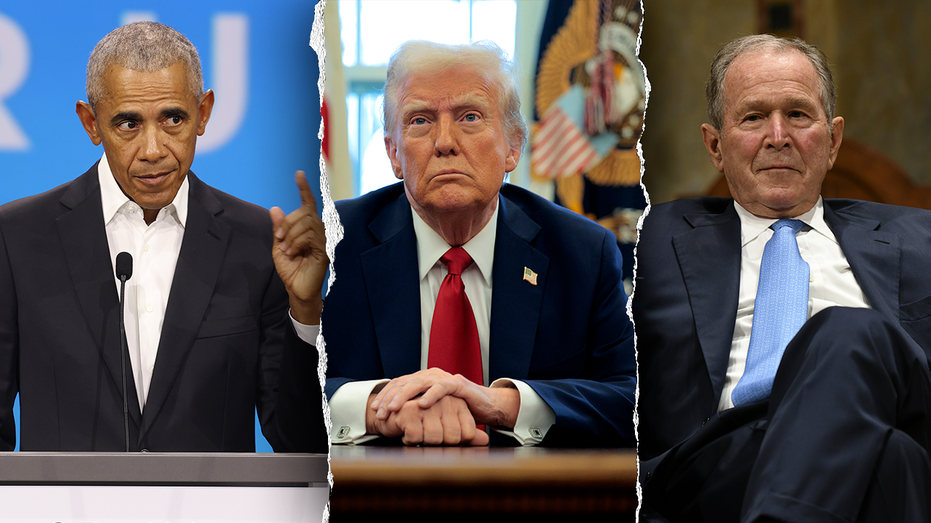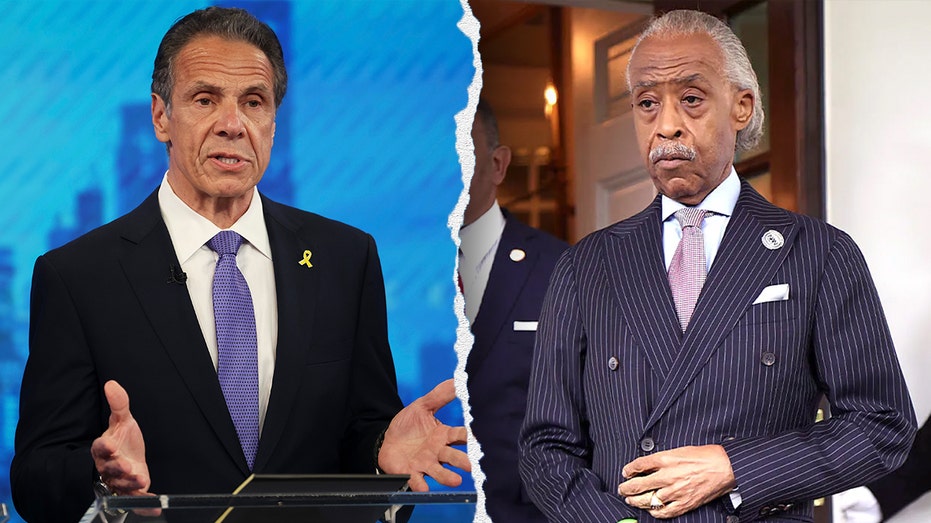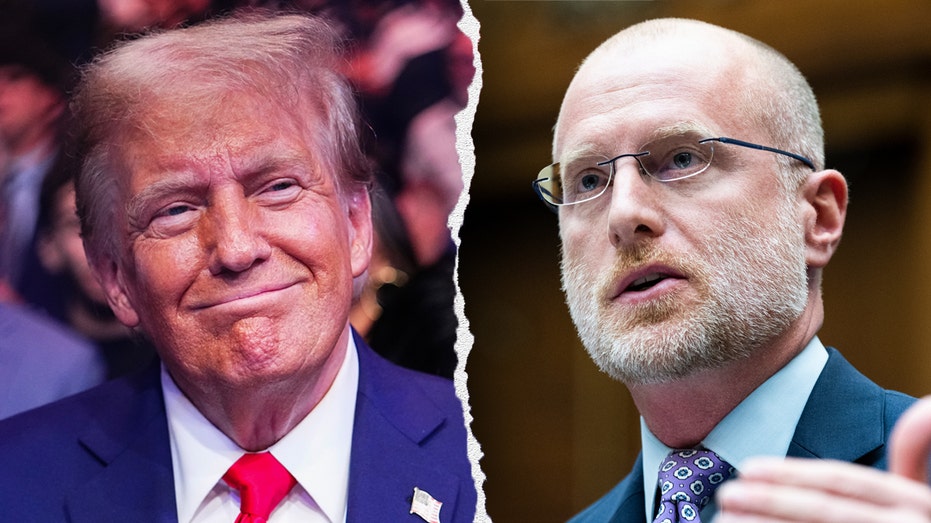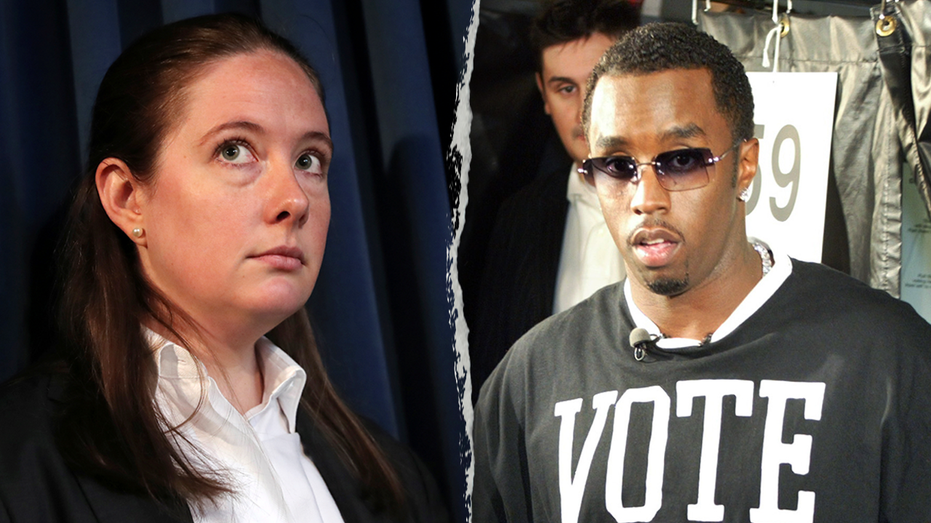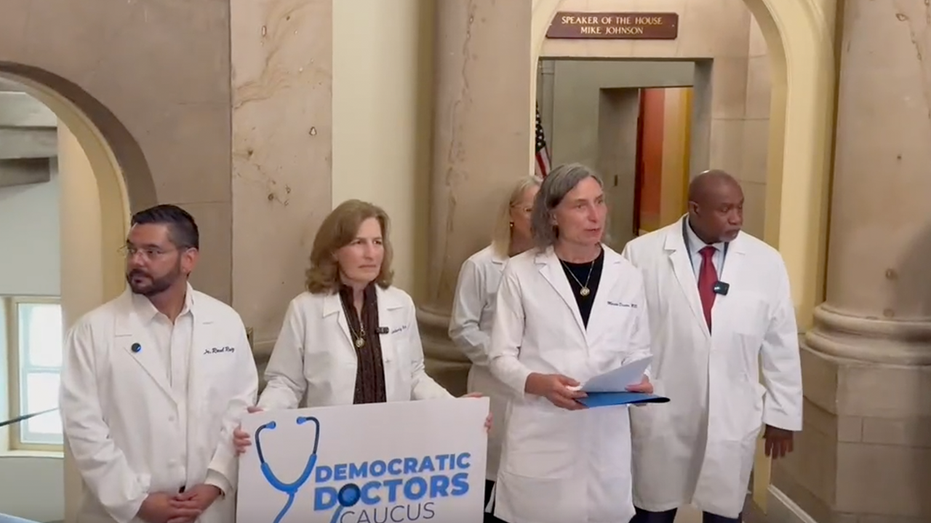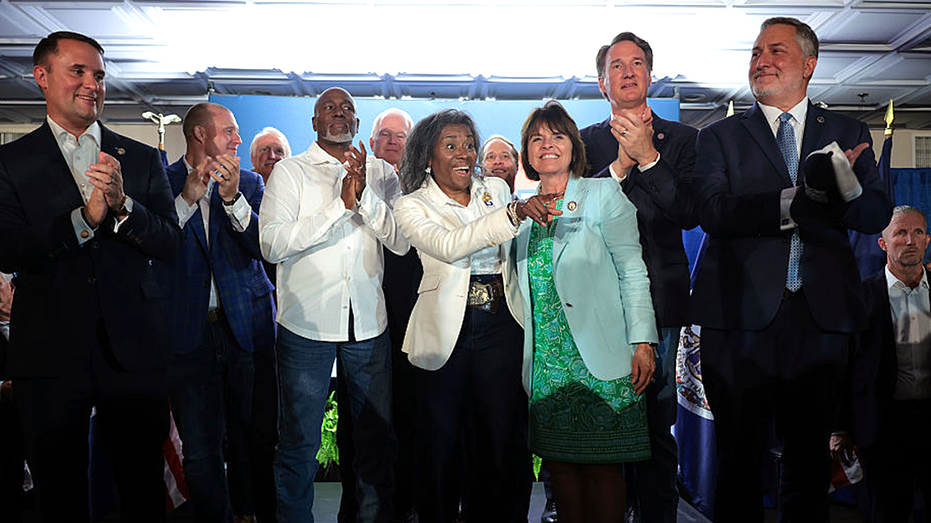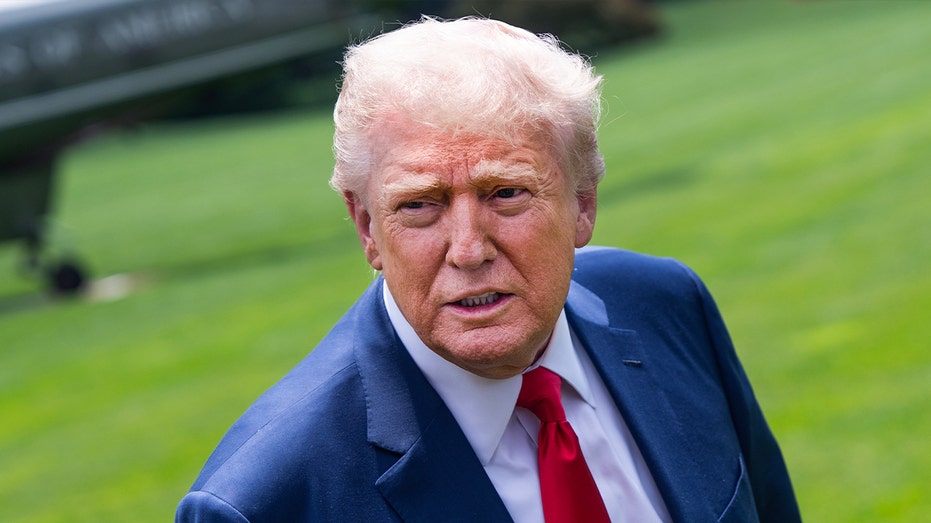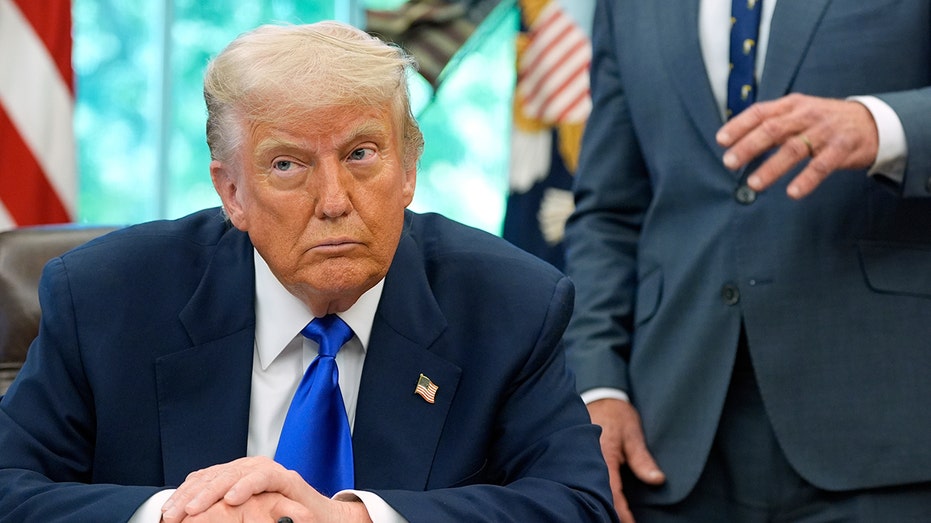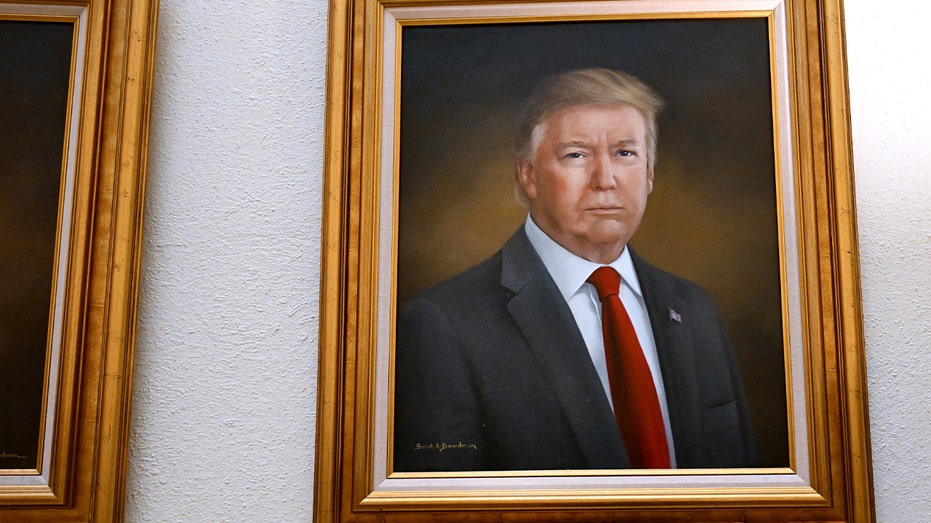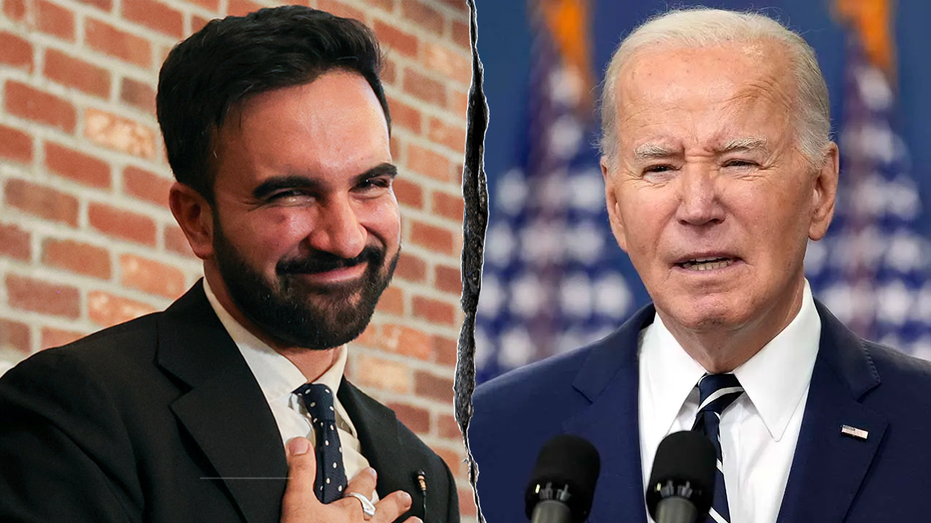Trump's remittance tax aims to slow illegal immigration by targeting the money flow
The Senate’s version of the "one big, beautiful bill" includes a tiny, 1% tax on international cash transfers — called a remittance tax — which, according to experts, will have a major impact on immigrants working in the U.S.
A remittance is a money transfer to another country outside the U.S., which is a common practice among immigrant workers who send part of their wages back to family in their native countries. Tens of billions of dollars in remittances are sent to other countries from the U.S. every year.
Earlier versions of the bill included higher tax rates and specifically targeted illegal immigrants sending money outside the U.S. The current version of the "big, beautiful bill," however, imposes a 1% fee only on cash transfers, not electronic transfers, sent to other countries. U.S. citizens who want to send cash to other countries will also be subject to the 1% tax.
The tax is expected to generate $10 billion in extra revenue for the federal government, according to an estimate done by Politico.
TRUMP'S 'BIG, BEAUTIFUL BILL' CLEARS FINAL HURDLE BEFORE HOUSE-WIDE VOTE
Besides generating extra revenue, Lora Ries, director of the Border Security and Immigration Center at The Heritage Foundation, told Fox News Digital that the remittance tax has the potential to discourage illegal immigration into the U.S. by making it harder to send money back home.
"Illegal aliens generally want five things when coming to the U.S.: to enter, to remain here, work, send money home (remittances), and bring family and/or have children here," she explained. "Prevent those five things, and you prevent illegal immigration and encourage self-deportation."
The administration has been pushing hard for illegal immigrants to self-deport, incentivizing them by offering to front the cost of commercial flights and providing a $1,000 stipend to those who opt to self-deport. Ries said the remittance tax could be another effective strategy besides ICE raids that could help to crack down on illegal immigration into the country and reduce the number of illegal immigrants in the U.S.
TRUMP TO BEGIN ENFORCING BIRTHRIGHT CITIZENSHIP ORDER AS EARLY AS THIS MONTH, DOJ SAYS
Ries said, however, that the 1% needs to be much higher to be effective.
"A 1% tax only on cash transfers does very little. The tax should be much higher and cover all types of money transfers," she said.
"Until now, the U.S. government has not touched the annual billions of dollars going out of the country, not benefiting the U.S. economy," she went on. "Remittances should be taxed to discourage unauthorized employment and its earnings."
ELON MUSK'S ATTACKS ON TRUMP'S 'BIG, BEAUTIFUL BILL' HAVE 'NO BASIS,' SAYS NO 2 HOUSE REPUBLICAN
Meanwhile, Ariel Ruiz Soto, a senior policy analyst at the Migration Policy Institute, told Fox News Digital that though he believes the remittance tax will have a significant impact, it may not be in the way the Trump administration hopes.
He argued that discouraging remittances to countries like El Salvador, Guatemala, and Honduras — where such payments account for more than 20% of the GDP — could actually drive more migration from those nations.
CLICK HERE TO GET THE FOX NEWS APP
"If you're Honduras, if you're El Salvador and Guatemala, even a 1% tax, if it decreases the remittances, could actually be a significant toll in the development of those countries," he said. "If the remains were actually to decrease significantly, that could potentially backfire on President Trump's agenda to reduce irregular migration because he could actually make circumstances, economic circumstances in these countries more difficult and spur new irregular immigration in the future."
The House of Representatives is currently considering the Senate’s version of the "big, beautiful bill."

